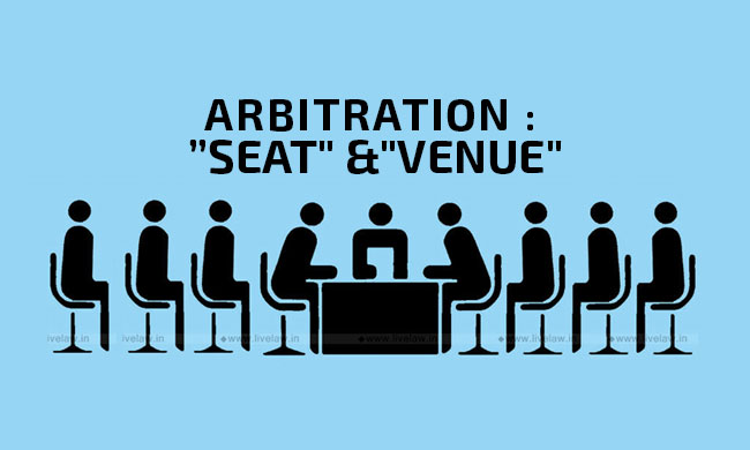Difference Between 'Seat' & 'Venue' Of Arbitration: Allahabad High Court Explains
Shivang
28 Feb 2022 8:32 PM IST

Next Story
28 Feb 2022 8:32 PM IST
The Allahabad High Court while adjudicating upon a petition filed under Article 227 of the Constitution of India discussed the difference between 'Seat' and 'Venue' of Arbitration in the light of several judicial precedents.Justice Siddharth clarified,"The term "seat" is of utmost importance as it connotes the situs of arbitration. The term "venue" is often confused with the term...
